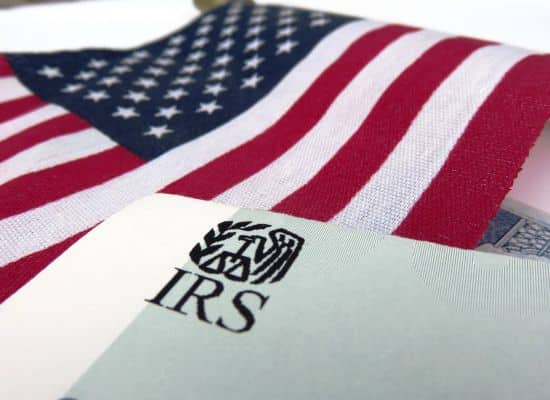The Internal Revenue Service (IRS) announced significant relief measures for some taxpayers facing penalties on their 2020 and 2021 tax returns. The relief addresses a mishap caused by COVID measures. 4.7 million individuals, businesses and tax-exempt organizations incurred late fees without receiving collection reminders. The IRS will provide $1 billion to settle these penalties or reimburse filers who have already paid their account. Those who qualified will be sent a letter some time this month, no action is needed to receive the relief.
Why is the IRS Offering Penalty Relief?

During the pandemic, the IRS temporarily suspended the mailing of their automated reminders. This included a reminder to pay overdue tax bills starting in February 2022, a follow-up to an initial notice. Filers who did not pay their bills in full after the initial notice continued to accrue a failure-to-pay penalty despite not receiving the second notice. The IRS recognized this as an unusual situation and is implementing assistive measures for taxpayers with unpaid bills.
Who Qualifies for the Support?
The penalty relief will only be provided to individuals, businesses, trusts, estates and tax-exempt organizations that:
- Filed forms in 2020 or 2021 including:
- 1040
- 1120
- 1041
- 990-T
- Have assessed tax of less than $100,000
- Included in the IRS collection notice process or issued an initial balance between Feb. 5, 2022 and Dec. 7, 2023.
Failure-to-pay penalties will start-up again on April 1, 2024, for those eligible for relief.
Those who do not qualify for the relief may turn to existing penalty relief procedures at IRS.gov/penaltyrelief.
Restart of Collection Notices in 2024
This month, the IRS redistributes collection notices to individuals who maintain tax debts prior to 2022 and other filers with debts prior to 2023. This marks the end of the temporary pause on certain enforcement activities implemented in response to the economic challenges of the pandemic.
Special letters will be sent to those with outstanding tax debt that have not received a notice in over a year. These letters alert taxpayers of their liabilities and direct them to reach out to the IRS or tax professionals for assistance with resources that may be available to them.
Guidance for Taxpayers
In response, taxpayers are advised to review their tax situations and take proactive steps to address any outstanding obligations. This may involve exploring payment plans, installment agreements, or other relief options provided by the IRS.
Taxpayers should stay informed about the penalty relief and collection notices, especially if they have outstanding tax debts. Seeking professional advice or utilizing resources available on the official IRS website can help individuals navigate the process and make informed decisions regarding their tax obligations.
For more information or questions about your tax situation, please contact Angie Prochaska through our contact form.
Councilor, Buchanan & Mitchell (CBM) is a professional services firm delivering tax, accounting and business advisory expertise throughout the Mid-Atlantic region from offices in Bethesda, MD and Washington, DC.



